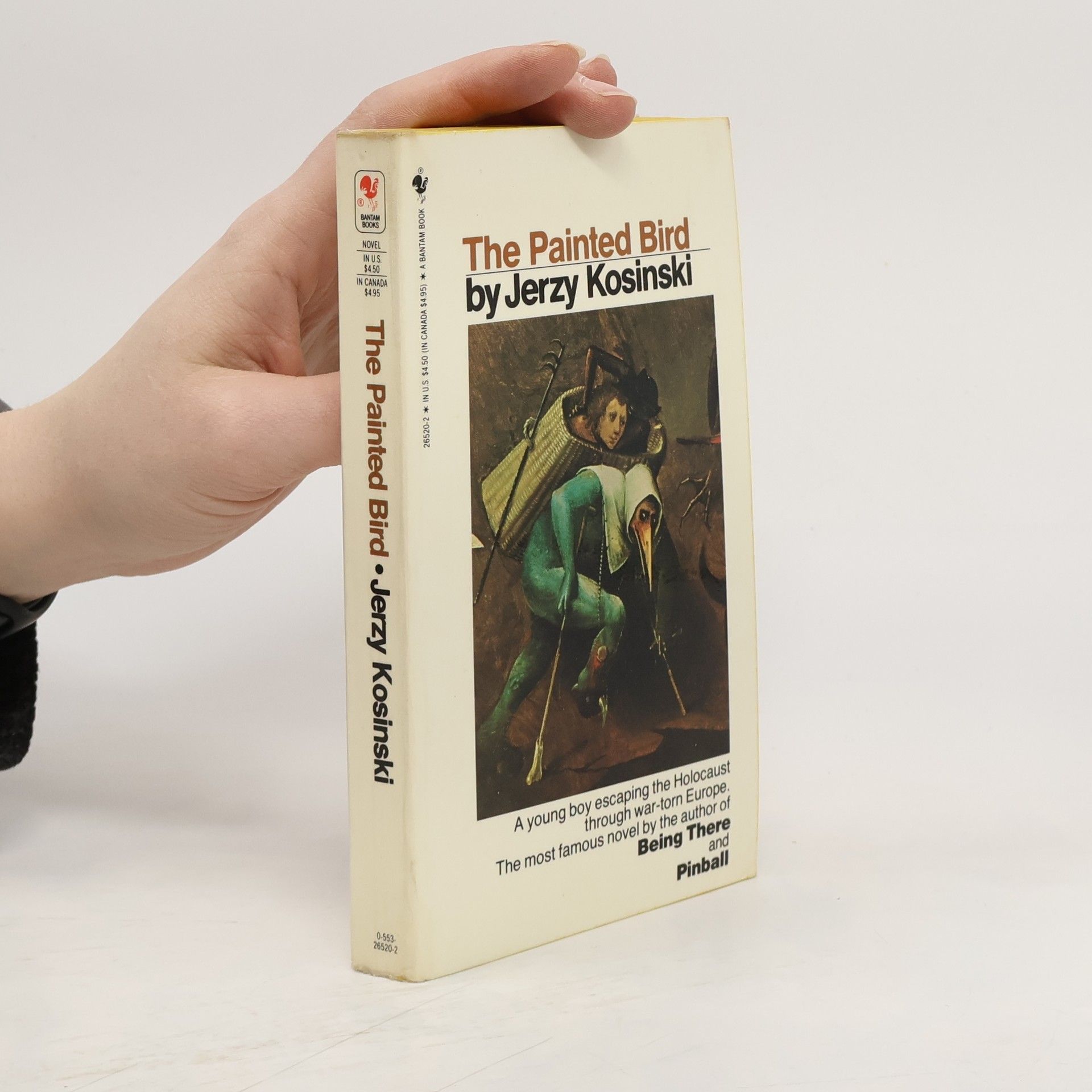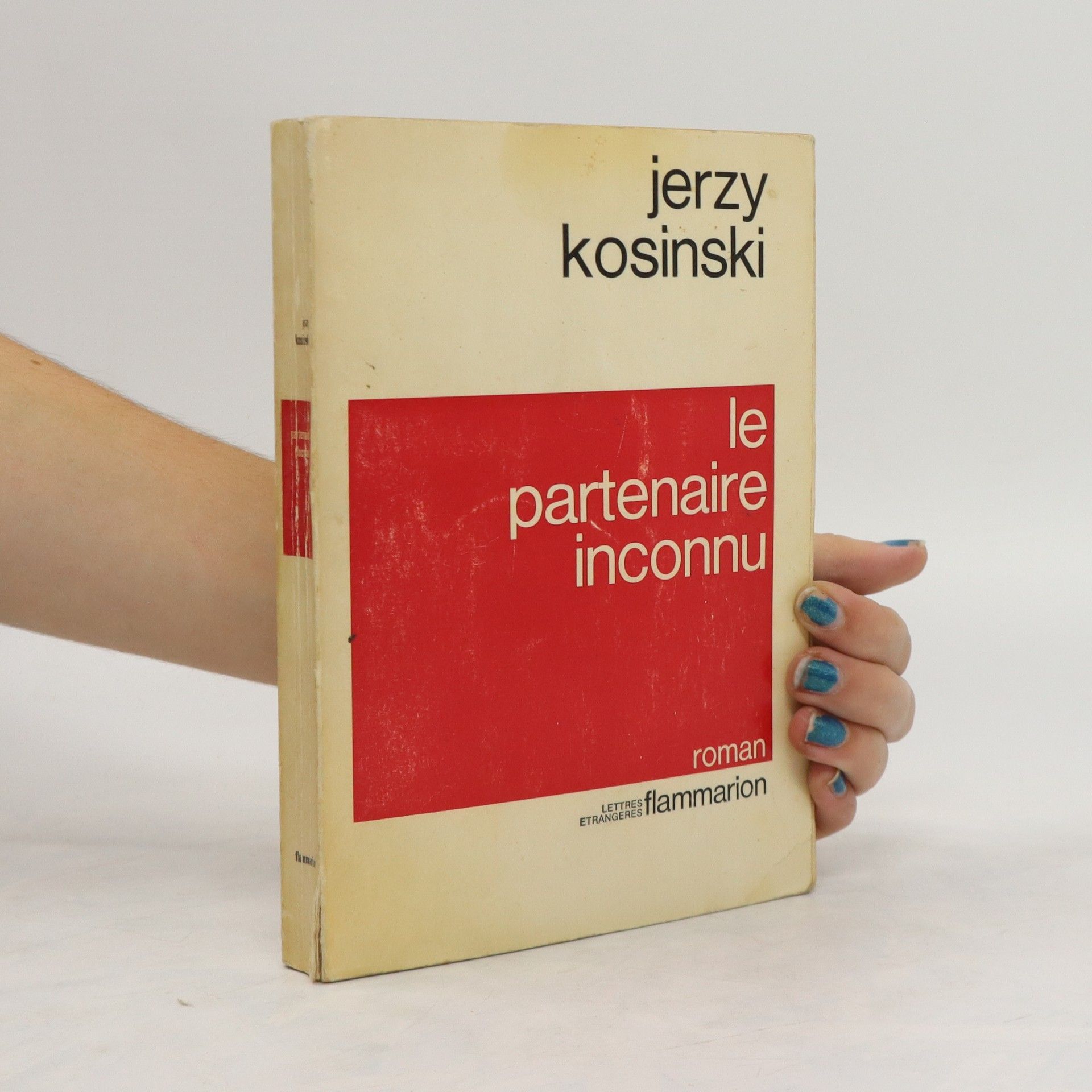Cockpit
- 261pages
- 10 heures de lecture
317pages. poche. Broché.
L'écriture de Jerzy Kosiński explore les thèmes de l'identité, de la mémoire et de la nature de la survie humaine, puisant souvent dans ses propres expériences de la Pologne en temps de guerre. Son style se distingue par son honnêteté brute et sa profondeur psychologique pénétrante. Kosiński a exploré les limites de la moralité et de la résilience tandis que ses personnages sont confrontés à des circonstances extrêmes. Son œuvre remet fréquemment en question la réalité perçue, laissant les lecteurs contempler les complexités de la condition humaine.







317pages. poche. Broché.
"The story of Chauncey Gardiner - Chance, an enigmatic but distinguished man who emerges from nowhere to become an heir to the throne of a Wall Street tycoon, a presidential policy adviser, and a media icon. Truly 'a man without qualities,' Chance's straightforward responses to popular concerns are heralded as visionary. But though everyone is quoting him, no one is sure what he's really saying. And filling in the blanks in his background proves impossible. Being There is a brilliantly satiric look at the unreality of American media culture that is, if anything, more trenchant now than ever." -- Amazon.com
Many writers have portrayed the cruelty people inflict upon each other in the name of war or ideology or garden-variety hate, but few books will surpass Kosinski's first novel, The Painted Bird, for the sheer creepiness in its savagery. The story follows an abandoned young boy who wanders alone through the frozen bogs and broken towns of Eastern Europe during and after World War II, trying to survive. His experiences and actions occur at and beyond the limits of what might be called humanity, but Kosinski never averts his eyes, nor allows us to.
A portrayal of men and women both aroused and desensitized by an environment that disdains the individual and seeks control over the imagination.
Jerzy Kosinski's best-selling novel Pinball, which he wrote for George Harrison, is a rock 'n' roll mystery centered on a superstar named Goddard who has, despite his success, managed to keep his identity a secret, even from his closest friends. But a beautiful young woman, obsessed with finding Goddard, stalks him relentlessly, driven by a secret goal that justifies all means. Ricocheting with humor and bursting with erotic intensity, Pinball is a game as intricate, unpredictable, suspenseful, and complex as life.
Roman
Dieser düstere Roman hat Millionen Leser auf der ganzen Welt erschüttert. Irgendwo im Osten Europas, während der Zweite Weltkrieg tobt: Um ihn vor den Nazis zu schützen, wird ein kleiner jüdischer Junge zu einer alten Frau aufs Land gegeben. Kurz darauf stirbt sie und der Junge bleibt allein zurück. Als er durch die zerfetzte Welt irrt, erlebt er die Gräuel des Krieges – aber auch die Perversion und Brutalität der Soldaten und der abergläubischen Landbevölkerung. Der Junge verstummt und hat sich, als der Krieg endet, für immer verändert. Der Weltbestseller in neuer Übersetzung von Andreas Decker. Kosinski schildert das Triebhafte und Abgründige im Menschen, aber auch die tiefe Vereinsamung unseres Daseins in einer klaren Prosa. Ein Meisterwerk.